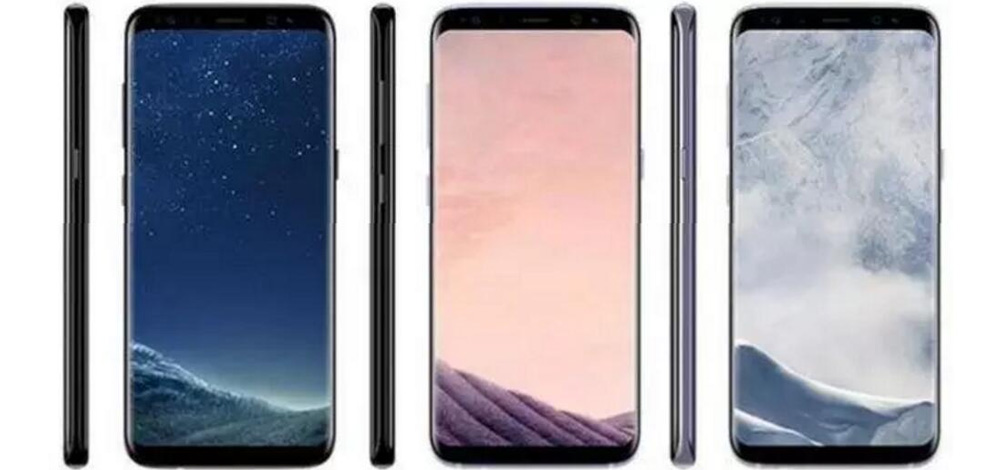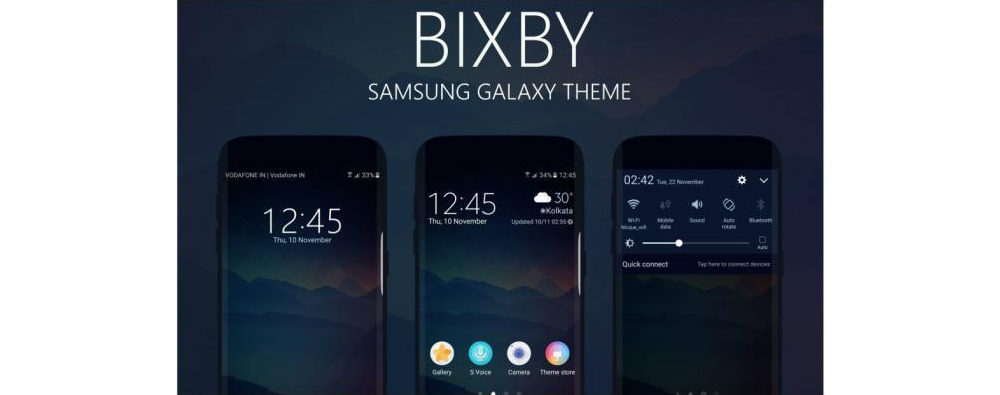Finally we will meet Bixby, the new Samsung's voice assistant. In view of the expected launch of Samsung Galaxy S8 smartphones in all its variants, Apple's biggest competitors have started to show certain features of this new application. This virtual assistant will compete against Apple's Siri, Google Assistant, Microsoft's Cortana and Amazon's Alexa (and Huawei's voice assistant still to come). A few days before its official debut on the Samsung Galaxy S8, which will be officially unveiled on March 29 at an event in New York, Bixby aims to differentiate itself from its rivals by being totally different from the rest of voice assistants in the market.

While the Cupertino company has already revealed that among the new features of the iPhone 8 could be augmented reality, Samsung speaks of a totally revolutionary virtual assistant. This functionality, according to the intention of the authors, should change the way consumers interact with their devices, distinguishing themselves from the others that already exist in the market by the ability to support the functions that are normally activated through the touch screen. This means that, in a way, our hands will no longer be necessary for all kinds of useful applications.
Bixby against the world
In practice, the assistant will check for compatible applications, using all functions through voice commands, which will replace the fingers on the screen. Among the strengths, the company explains, is "cognitive tolerance": "Most assistants require users to pronounce voice commands with exact formulas, while Bixby -explains Injong Rhee (vice president of Samsung)- will be what smart enough to understand commands with incomplete information." The goal, in essence, is to ensure that the assistant is suitable for the user, not vice versa.

The goal of Samsung, however, is less clear: on all Android smartphones is now available the Google voice assistant, which was developed with many more resources than Bixby and the other assistants of the competition and is actually impossible that it offers too many differences in terms of functions. What Koreans may actually be doing is becoming an autonomous and increasingly oblivious to Google's systems and services, as it tried with some smartwatches with Tizen OS and with some TVs.